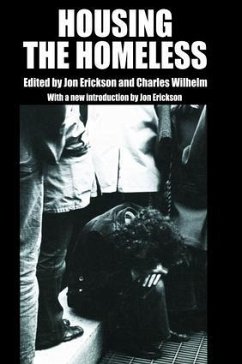
Community Policing
A Police-Citizen Partnership
Versandkostenfrei!
Versandfertig in 1-2 Wochen
214,99 €
inkl. MwSt.
Weitere Ausgaben:

PAYBACK Punkte
107 °P sammeln!
This textbook discusses the role of community-oriented policing, including the police image, public expectations, ethics in law enforcement, community wellness, civilian review boards, and what the community can do to help decrease crime rates. In addition, the author covers basic interpersonal skills and how these might vary according to the race, sex, age, and socioeconomic group with which the officer is interacting. Finally, students learn how to initiate new programs in a community, from the planning process and community involvement to dealing with management and evaluating program succe...
This textbook discusses the role of community-oriented policing, including the police image, public expectations, ethics in law enforcement, community wellness, civilian review boards, and what the community can do to help decrease crime rates. In addition, the author covers basic interpersonal skills and how these might vary according to the race, sex, age, and socioeconomic group with which the officer is interacting. Finally, students learn how to initiate new programs in a community, from the planning process and community involvement to dealing with management and evaluating program success.














